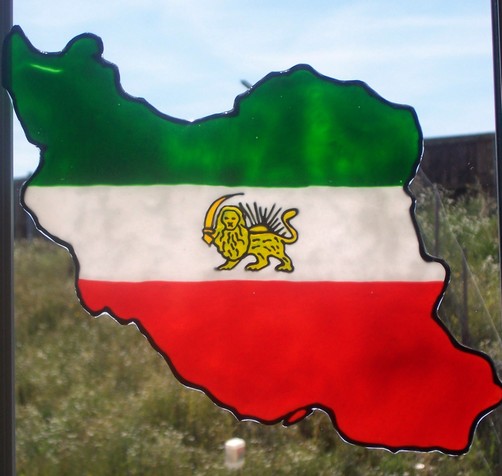Ramadan in Iran expected to turn political
 Tehran - Ramadan in Iran is usually a time to leave behind the concerns of daily life, turn to spirituality and conquer one's weaknesses.
Tehran - Ramadan in Iran is usually a time to leave behind the concerns of daily life, turn to spirituality and conquer one's weaknesses.
This year, however, the holy Islamic month was expected to turn political after widespread protests against alleged fraud in the June 12 presidential election, which led to the re-election of President Mahmoud Ahmadinejad.
"Religious ceremonies are the most suitable occasion for us to articulate our protests," opposition leader Mir Hossein Moussavi was quoted on websites as saying.
In the past two months, more than 20 people have been killed in the demonstrations, according to the government. The opposition claims the death toll was at least 69.
Police said they arrested more than 4,000 protestors, of whom more than 100 are still in jail. Again, the opposition put the number of detainees at about 220.
"Those killed and those still detained just wanted to secure freedom and democracy for all of us," said Mashallah, a 64-year-old retired civil servant.
"There is nothing much we can do to show our appreciation for their courage except take this holy month to commemorate them," said Mashallah, himself a devoted Muslim who has fasted every Ramadan for the past 50 years.
Moussavi's supporters have so far used every religious ceremony, including Friday prayers and mourning days, to continue their protests.
The government has continually declared the protests illegal and authorized police to confront the protestors. One of the main protest slogans against the president and government in recent weeks has been "Allahu Akbar," or "God is Great," which is the standard slogan of every prayer but has now taken on a political meaning.
"Nobody can prohibit even opposition supporters from going to mosques during Ramadan and shouting, 'Allahu Akbar,'" said one reformist activist who preferred to remain anonymous.
Attending the mosque sessions at night has taken on more of a political than religious nature.
Ramadan, the ninth month in the Islamic calendar, is a month of sacrifice, self-restraint and cleansing. Devoted Muslims refrain from eating, drinking, sex and smoking during daylight. This year in Iran, it begins Saturday and ends September 19.
The end of Ramadan is celebrated worldwide by the feast of Eid al- Fitr, which is a public holiday in Iran and obliges Iranian Muslims to donate food to needy people.
"Ramadan is also the month of being totally honest with your God and yourself," said Marzieh, a 83-year-old Muslim woman from Tehran. "Sins in the holy month of Ramadan are counted double compared to other months, and God will have less mercy on sinners."
Another annual ceremony that might turn into a dilemma for the Iranian government is the Qods (Jerusalem) Day rally on the last Friday of Ramadan.
The late supreme leader who led Iran after the 1979 Islamic revolution, Grand Ayatollah Ruhollah Khomeini, called on Iranian Muslims to mark the day by attending mass rallies against Iran's archfoe Israel and in support of the Palestinian cause. In the past three decades, hundreds of thousands of Iranians every year attended the state-organized rallies throughout Iran.
Moussavi's supporters - who carry green banners and wear green, the opposition leader's symbolic colour for change in Iran - most probably would attend this year's rallies as well because Moussavi himself is a fierce opponent of Israeli policies in the Middle East.
"The attendance of the Greens at the Qods rally will, however, lead to some irritations," said one local journalist, "as their protest will not be limited to Israel only." (dpa)